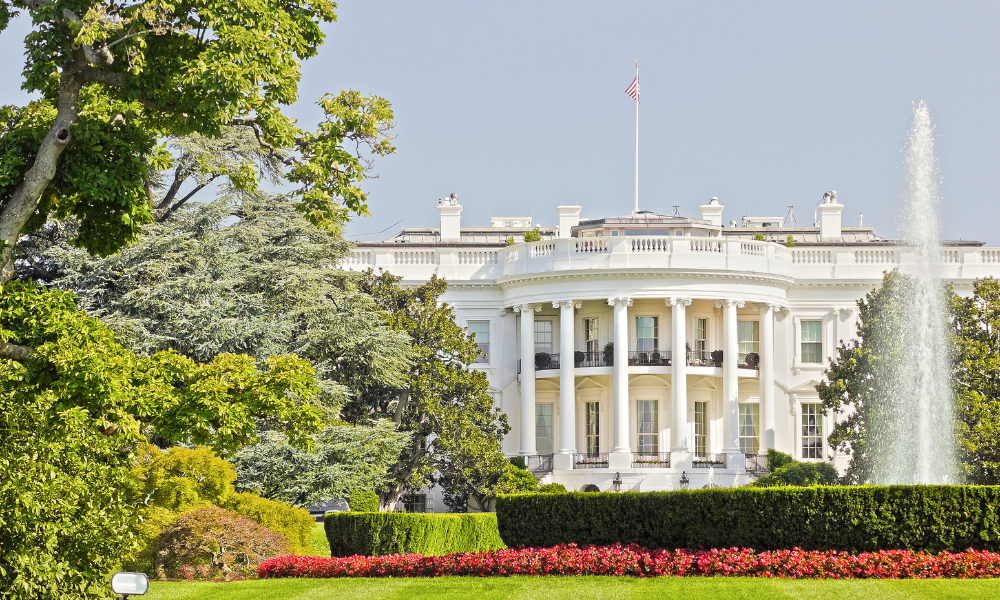
'I hope that it will be exactly what's promised, and not a scam,' says worker sharing common concern about Trump's offer

Tens of thousands of U.S. government employees have accepted a resignation offer from the Trump administration, allowing them to continue receiving pay until September 30 in exchange for leaving their positions.
The deferred resignation program, introduced last week, was made available to approximately two million federal employees as part of the administration’s effort to reduce the size of the federal workforce and cut government spending.
Reports indicate that between 20,000 to 40,000 workers have already opted in ahead of the Thursday deadline, with the White House predicting a spike in participation within the final 24 hours, says the BBC.
Despite this, the administration initially estimated that as many as 200,000 employees might accept the offer.
The move has been met with strong resistance from federal employee unions, who have launched lawsuits to block the mass resignations.
"We won't stand by and let our members become the victims of this con," said Everett Kelley, president of the American Federation of Government Employees (AFGE), in a statement.
A major concern for workers is the uncertainty surrounding the promised payouts, says the BBC. Employees who accept the offer must waive their right to sue the government, raising doubts about whether the financial commitments will be honored.
There are also reports that widespread layoffs could follow for those who choose to stay.
One federal employee, speaking anonymously to the BBC, described the offer as “threatening, e.g., ‘Take it or leave it or your job might be eliminated anyway.’”
Others who have opted in remain skeptical about whether the government will follow through on its promises: "I hope that it will be exactly what's promised, and not a scam," said one worker.
The AFGE has also warned that the federal budget expires in March, which could further complicate the guarantee of continued pay until September.
US President Donald Trump also signed an executive order mandating federal employees to return to in-person work on a full-time basis.
On Tuesday, the Central Intelligence Agency (CIA) became the first national security entity to extend the offer to its employees. CIA Director John Ratcliffe personally pushed for the agency to participate, according to reports. However, not all employees may be eligible, with CNN reporting that certain areas of expertise could be restricted, says the BBC.
Additionally, the CIA has frozen hiring, affecting those who had already received conditional job offers.
According to the Wall Street Journal, some of these offers may now be rescinded if applicants do not align with the administration’s new priorities, including supporting Trump’s tariffs and efforts to counter China.
Federal employees in the United States are being warned of "adverse consequences" if they fail to report colleagues working in Diversity, Equity, and Inclusion (DEI) roles amid alleged attempts to hide them.
The Trump administration’s push to cut federal jobs—an initiative that has received significant input from tech billionaire Elon Musk—has been praised by many Republicans, says the BBC.
During a press conference on Wednesday, House Speaker Mike Johnson expressed support for the plan, stating that "stewardship of precious American taxpayer dollars" was being well-managed: "That is a long overdue, much welcome development," he added.
However, opposition to the plan has sparked the first nationwide protests of Donald Trump’s current term.
Thousands demonstrated against the federal workforce reductions on Wednesday, with protest sizes varying. While some gatherings had only dozens of participants, more than 1,000 people protested in Michigan, according to local media reports.